Interstitial cystitis
 Alvin
|
Alvin
|
 23 Jul 2025
23 Jul 2025
What Is Interstitial Cystitis and How It Affects Daily Life
Interstitial cystitis, often called IC, is a long-term bladder condition that causes pain, pressure, or discomfort in the lower belly and pelvic area. It can feel like a urinary tract infection, but when you get tested—there’s no infection there. Some people feel like they have to pee every 10 or 15 minutes. Others deal with a constant dull ache that never fully goes away.
It makes normal things harder. Long drives, movie nights, or even sleeping through the night—it all becomes complicated. You start planning your day around bathrooms. Even relationships can take a hit because of pain during sex or feeling too uncomfortable to be intimate.
At Sanford Pharmacy, we often hear how exhausting it can be. It’s not just the pain—it’s how much it steals from daily life.
Signs and Symptoms That Might Point to IC
IC symptoms vary from person to person, but a few are seen in most cases:
-
Pelvic pain or pressure that lingers
-
Needing to urinate constantly, sometimes over 40 times in a day
-
Sudden urgency, even when your bladder’s not full
-
Pain during sex
-
Burning during urination
-
And in some cases, interstitial cystitis blood in urine, though not always
What makes it more confusing is how symptoms come and go. Some days feel okay. Other days hit hard out of nowhere. Stress, periods, certain foods—they can all make it worse. That’s why IC can take a while to notice and longer to figure out.
What Causes Interstitial Cystitis (Nobody’s 100% Sure)
Here’s the tricky part—doctors still don’t fully know what causes IC. Some think it’s related to nerve problems, where pain signals go off when they shouldn’t. Others believe it might be from damage to the bladder lining, which lets urine irritate the bladder walls.
It could also be linked to autoimmune issues, where the body’s immune system attacks the bladder. Past infections might play a role too.
There may even be different stages of interstitial cystitis, from early sensitivity to more severe, long-term damage. But not everyone follows the same path.
How It’s Diagnosed (And Why It Takes Time)
There’s no clear test that says, “Yep, you have IC.” That’s part of the problem. It’s often diagnosed by ruling out everything else.
Doctors might start with urine tests, to check for infections. Then they may do a cystoscopy, where a camera looks inside your bladder. Sometimes you’ll be asked to keep a pee diary—writing down how often you go and what it feels like.
Finding a good interstitial cystitis doctor helps a lot. It’s not just about tests—it’s about listening, asking the right questions, and not giving up when early results come back normal.
Everyday Things That Can Trigger a Flare-Up
Some people eat one wrong thing and flare up for days. Others might be fine with food but get hit after stress or sitting too long. Triggers vary, but common ones include:
-
Coffee, alcohol, and soda
-
Tomatoes, vinegar, and citrus fruits
-
Spicy foods, chocolate, and artificial sweeteners
-
Sex, exercise, long car rides
-
Tight clothes or underwear
-
And of course, stress—probably the biggest one
Knowing your own interstitial cystitis foods to avoid makes a huge difference. That’s why so many follow a modified interstitial cystitis diet or at least cut out a few known triggers.
Treatment Options That Actually Help
There’s no cure, but that doesn’t mean nothing helps. It just takes a bit of trial and error.
-
Diet changes are usually the first step
-
Bladder training, slowly stretching time between bathroom visits
-
Pelvic floor therapy, especially if your muscles are tight or overactive
-
Medications like amitriptyline, pentosan, or hydroxyzine (many say it’s the best antihistamine for interstitial cystitis)
-
Bladder instillations, where medication is placed directly in the bladder
-
Nerve stimulation for people with long-term pain
At Sanford Pharmacy, we carry a range of bladder-safe products and IC-friendly pain relief options, including non-irritating supplements and gentle support items.
Natural Remedies and Home Care That Ease Symptoms
Sometimes, it’s the small things that bring relief. Home care might not “fix” IC, but it can make life more manageable:
-
Warm baths or heating pads on the lower belly
-
Gentle stretching, not full workouts
-
Drinking water in sips—not all at once
-
Wearing loose clothes to avoid pressure on the bladder
-
Journaling symptoms to track triggers and flare patterns
-
Following a simple, calming diet for interstitial cystitis
This kind of interstitial cystitis self-care doesn’t replace meds, but it supports healing. Over time, it adds up.
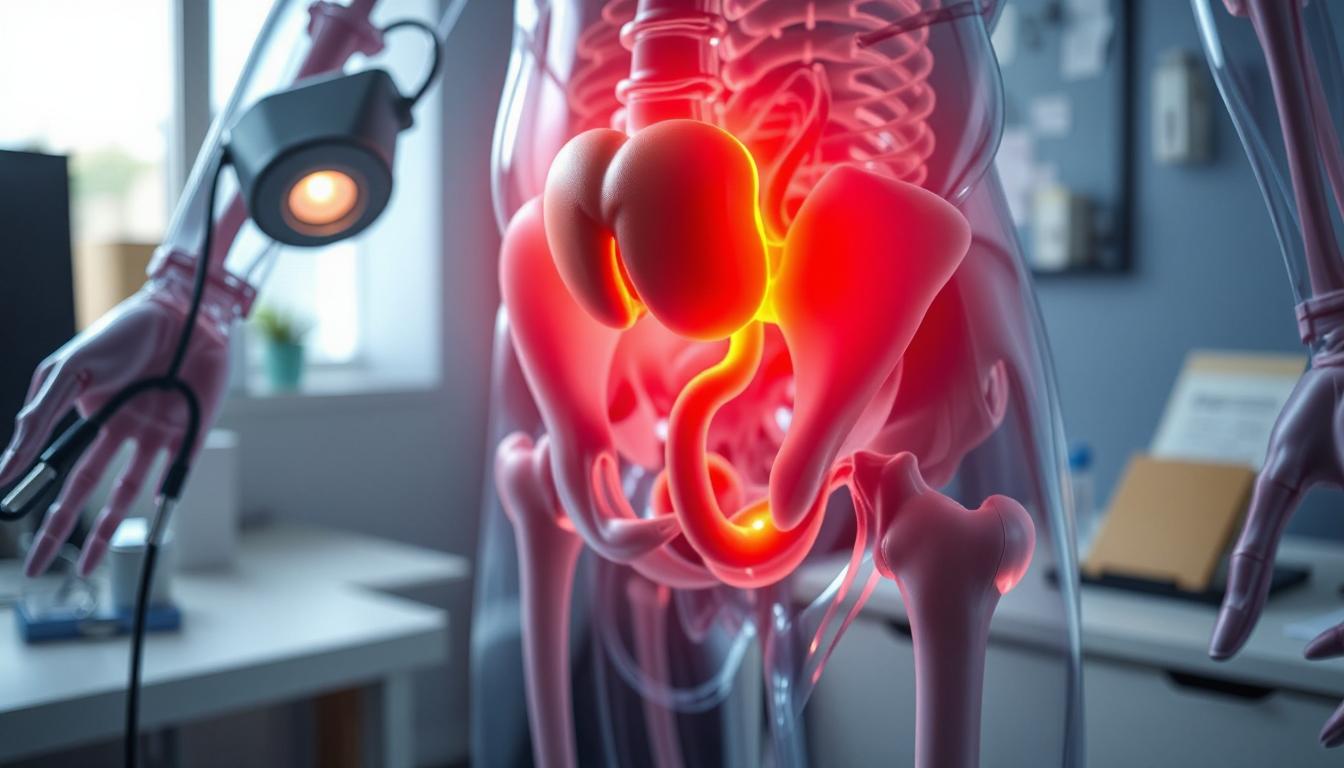
When to Talk to a Doctor (And What to Ask)
If you’ve had bladder pain or urgency for more than a few weeks—and antibiotics don’t help—it’s time to speak up. Even if doctors said “everything looks fine,” that doesn’t mean you’re imagining it.
Ask about:
-
Getting a cystoscopy
-
Trying pelvic floor therapy
-
Switching to an IC-safe diet
-
What meds might help you
-
Whether your pain fits the IC pattern
Seeing a real interstitial cystitis doctor—not just a general practitioner—can speed things up. Don’t wait months hoping it just goes away.
Living With IC and Protecting Your Quality of Life
IC changes things, but it doesn’t have to ruin your life. With the right treatment, a few adjustments, and some support—you can get back to doing the things you love.
That might mean keeping extra clothes in your car, or learning to say no to food that used to be your favorite. It might mean cutting stressful people out of your life or saying yes to help when you’re used to handling things alone.
The good news? Interstitial cystitis life expectancy isn’t affected. You can live a long, full life. It’s just going to look a bit different.
And if you’ve got pets? Feline interstitial cystitis is real too. Cats can develop similar symptoms—frequent peeing, licking, or even crying out during urination. Sanford Pharmacy also stocks gentle vet-approved options to help manage bladder health for pets.
We know IC doesn’t show on the outside. But it’s real. And you’re not alone. Whether you’re new to this or been managing it for years, Sanford Pharmacy is here with support, supplies, and tools that actually help. Even on the bad days.
Categories
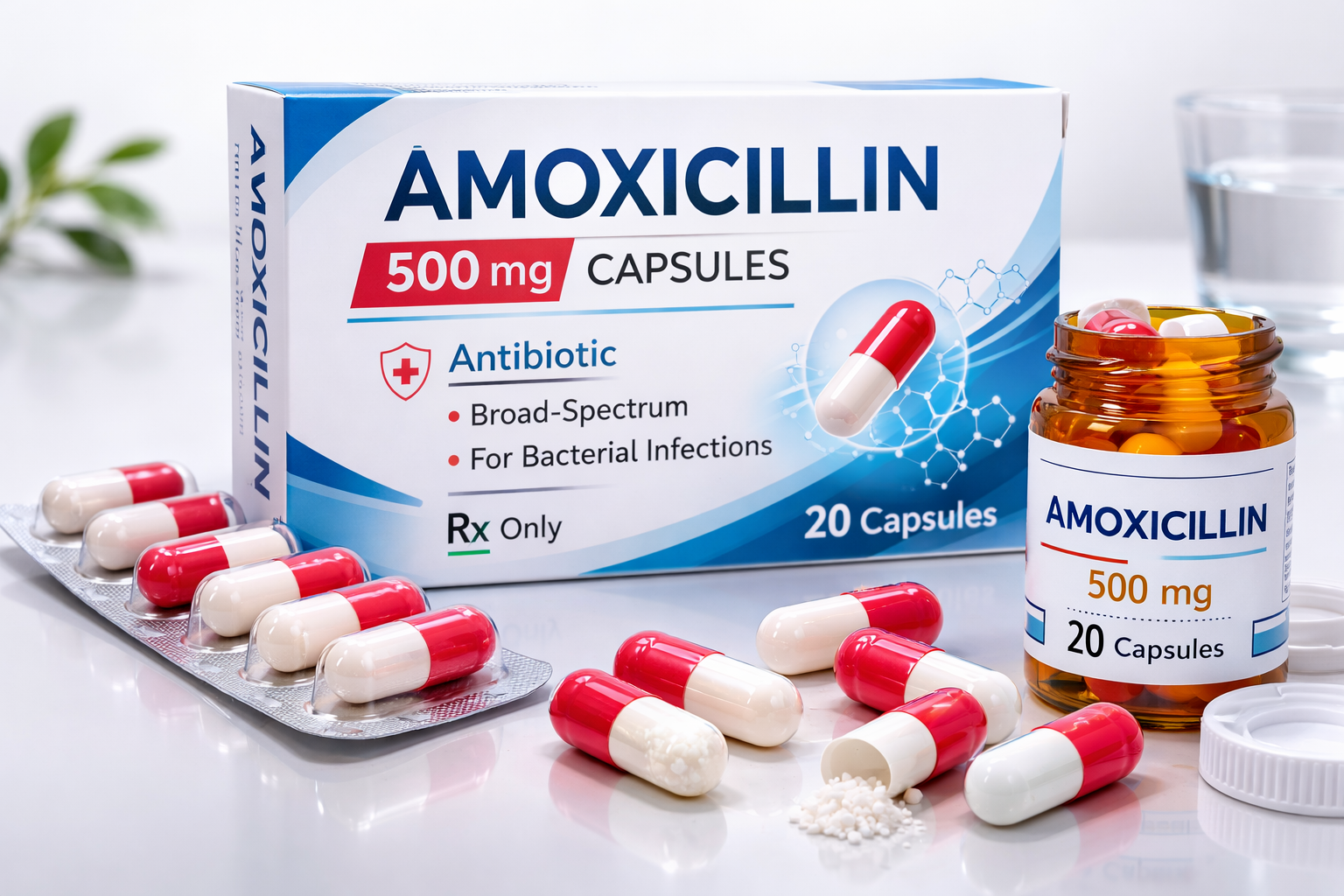
How Long Does Amoxicillin Stay in Your System?
 Graciela
Graciela
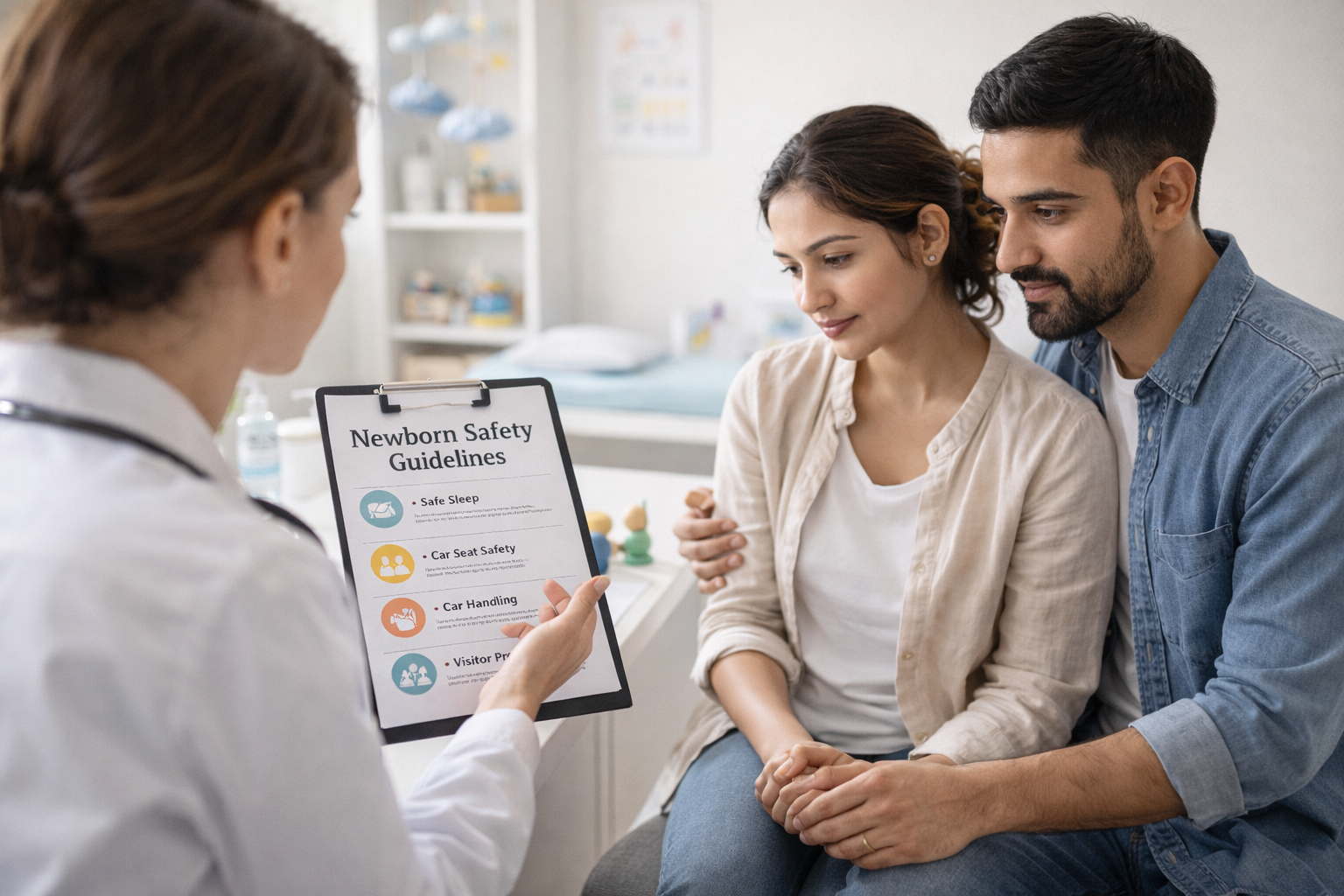
Can Newborns Get Infections from Visitors?
 Tobias
Tobias
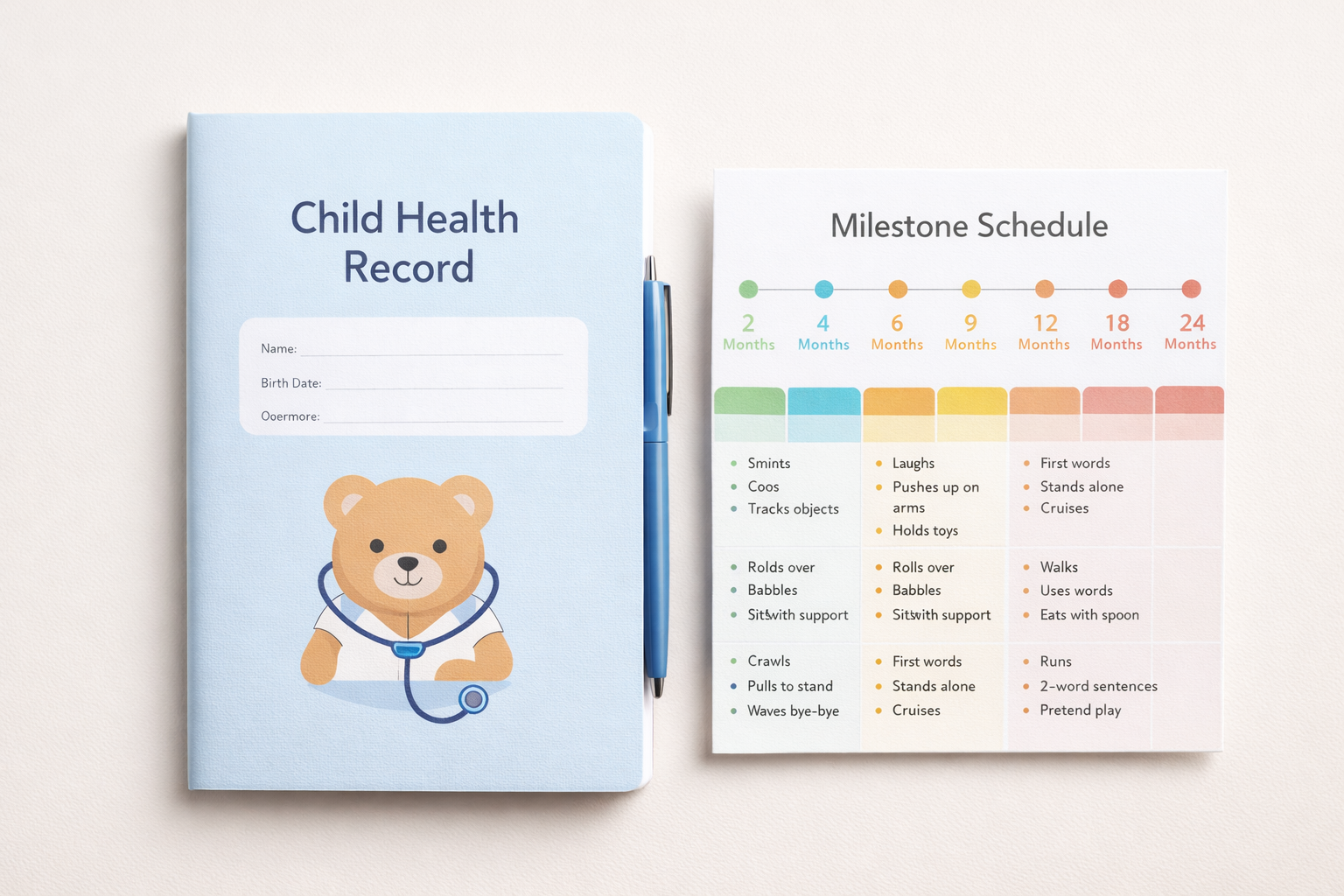
Signs of Developmental Delays in Infants!
 Justice
Justice

What Vaccines Are Required for Toddlers?
 Molly
Molly

Is Baby Getting Enough Breast Milk?
 Monserrat
Monserrat

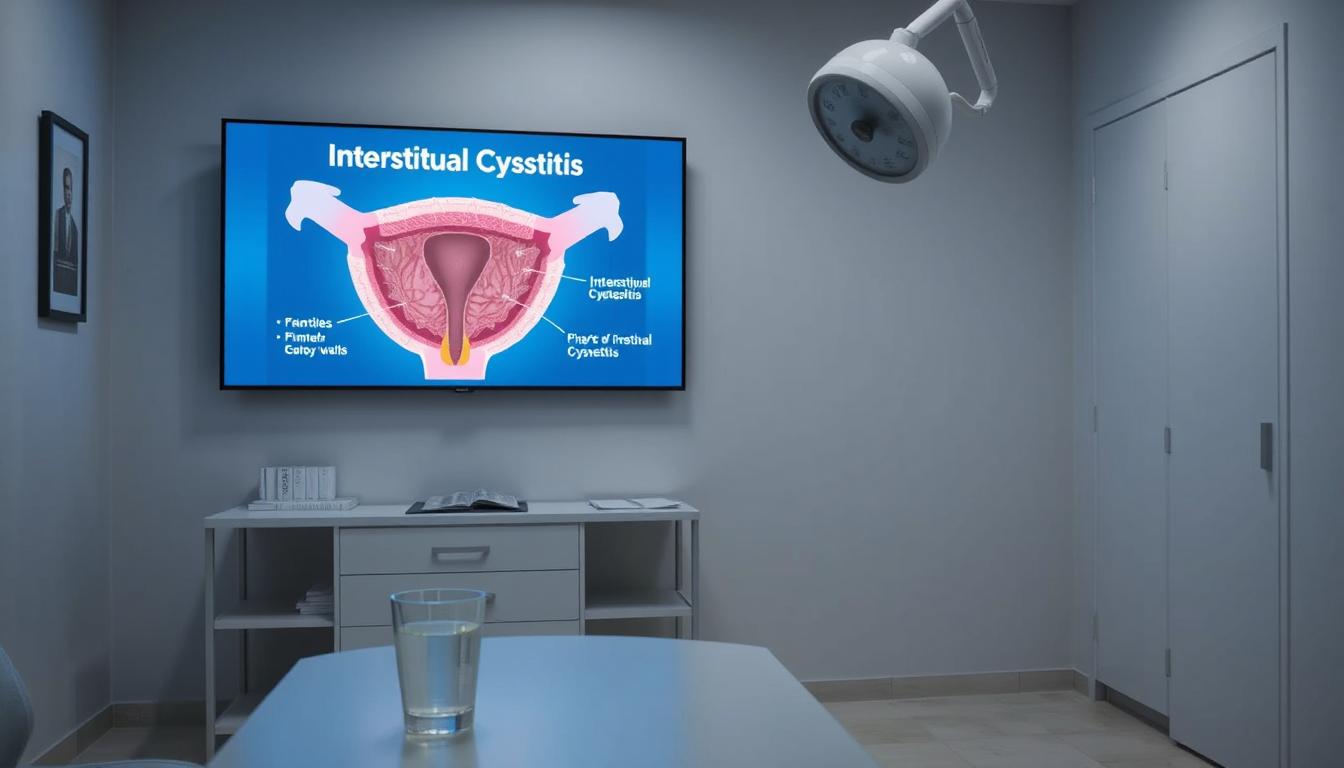







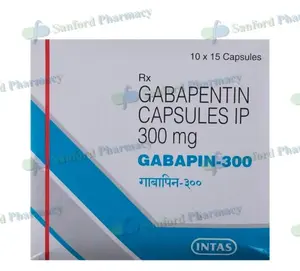
.webp)
.webp)
-(2).webp)
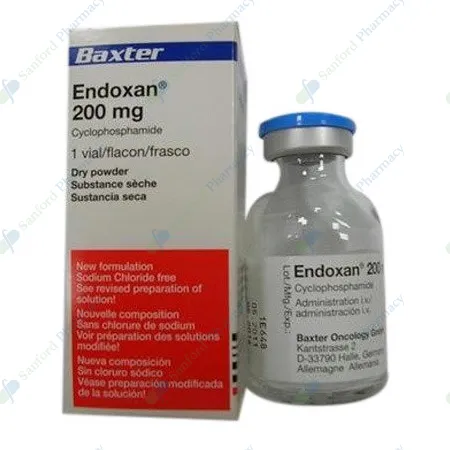
.webp)